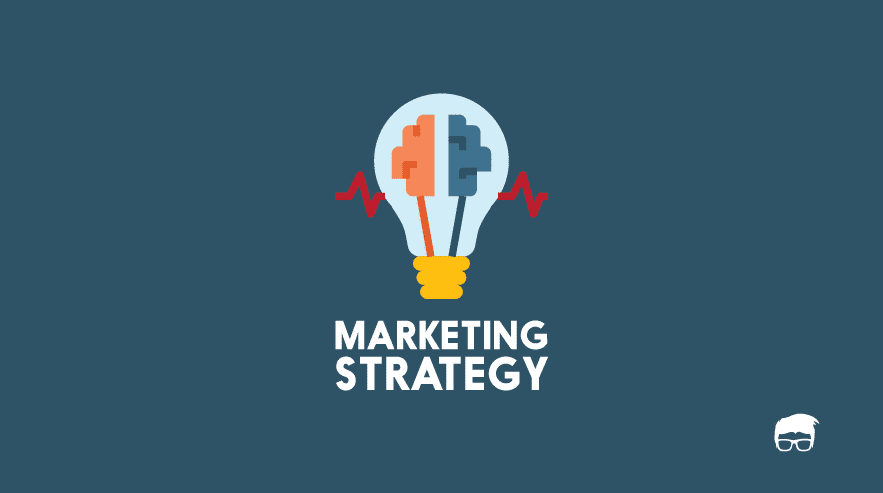Tips for Starting a Business in 2023

Starting a business is an exciting venture, but it can also be overwhelming. With so many things to consider, it’s important to have a plan in place to help guide you through the process. Whether you’re starting a new business or looking to grow an existing one, these tips can help you succeed in 2023.
Tips for Starting a Business in 2023

Conduct Market Research
Before you start a business, it’s important to research the market and determine if there’s a demand for your product or service. Consider conducting surveys, focus groups, or other market research methods to gather information about your potential customers and competitors. This will help you understand the market and make informed decisions about your business.
Choose a Business Idea
Once you have conducted your market research, it’s time to choose a business idea. Consider your skills, interests, and experience when choosing a business idea. It’s important to choose a business idea that you’re passionate about and that has the potential to be profitable.
Write a Business Plan
A business plan is a roadmap for your business. It outlines your goals, strategies, and financial projections. Your business plan should include information about your business idea, target market, competition, marketing strategy, and financial projections. A well-written business plan can help you secure funding and guide your business decisions.
Secure Funding
Starting a business can be expensive. It’s important to secure funding to cover the costs of starting and running your business. Consider applying for a small business loan, crowdfunding, or seeking investors. You may also consider bootstrapping your business by using personal savings or starting small and reinvesting profits.
Choose a Legal Structure
Choosing the right legal structure for your business is important. It will affect your taxes, liability, and ownership. Common legal structures for small businesses include sole proprietorship, partnership, LLC, and corporation. Consider consulting with an attorney or accountant to determine the best legal structure for your business.
Register Your Business
Once you have chosen a legal structure, you will need to register your business with your state or local government. This typically involves filing paperwork and paying fees. Registering your business will ensure that you are operating legally and can protect your business name and branding.
Obtain Necessary Licenses and Permits
Depending on your industry and location, you may need to obtain licenses and permits to operate your business. This can include zoning permits, health permits, and professional licenses. Research the requirements for your industry and location and ensure that you obtain all necessary licenses and permits.
Set Up Business Operations
Once you have taken care of the legal and regulatory aspects of starting a business, it’s time to set up your business operations. This can include setting up your physical location, purchasing equipment and supplies, and hiring employees. It’s important to establish processes and procedures to ensure that your business runs smoothly.
Hire Employees
If your business requires employees, it’s important to hire the right people for the job. Consider the skills and experience needed for each position and develop a hiring process to ensure that you find the best candidates. It’s also important to establish clear expectations and guidelines for your employees.
Develop a Marketing Strategy

Once you have established your brand identity, it’s important to develop a marketing strategy to promote your business. This can include traditional marketing methods such as print and radio ads, as well as digital marketing methods such as social media and email marketing. Consider your target audience and the best ways to reach them.
Build a Website

In today’s digital age, having a website is essential for any business. Your website is your online presence and can help attract and retain customers. Consider hiring a web developer to create a professional-looking website that is optimized for search engines.
Use Social Media
Social media can be a powerful tool for promoting your business and engaging with customers. Consider creating accounts on platforms such as Facebook, Instagram, and Twitter to connect with your audience. Post regularly and engage with your followers to build a strong online presence.
Monitor and Adjust Your Business Plan
As your business grows and evolves, it’s important to monitor your progress and adjust your business plan accordingly. Review your financial projections, marketing strategy, and other aspects of your business regularly to ensure that you are on track to meet your goals.
Stay Informed About Industry Trends
Staying informed about industry trends can help you stay ahead of the competition and make informed decisions about your business. Consider attending industry conferences, reading industry publications, and networking with other professionals in your field.
FAQs
- What is the most important step when starting a business? Conducting market research to determine if there is a demand for your product or service.
- How do I choose a legal structure for my business? Consult with an attorney or accountant to determine the best legal structure for your business.
- How can I promote my business on a tight budget? Consider using social media and email marketing, which are often more cost-effective than traditional marketing methods.
- How often should I review my business plan? You should review your business plan regularly, at least once a year, and make adjustments as needed.
- What should I do if my business is not performing as expected? Consider seeking advice from a mentor or business advisor, or reevaluating your business plan to identify areas for improvement.
Conclusion
Starting a business can be challenging, but with the right plan in place, you can succeed in 2023. By conducting market research, choosing a business idea, writing a business plan, securing funding, and taking care of the legal and regulatory aspects of starting a business, you can set yourself up for success. By establishing a brand identity, developing a marketing strategy, building a website, using social media, monitoring and adjusting your business plan, and staying informed about industry trends, you can continue to grow and evolve your business in the years to come.
Read More: 15 Best Ideas for Small Business in 2023











